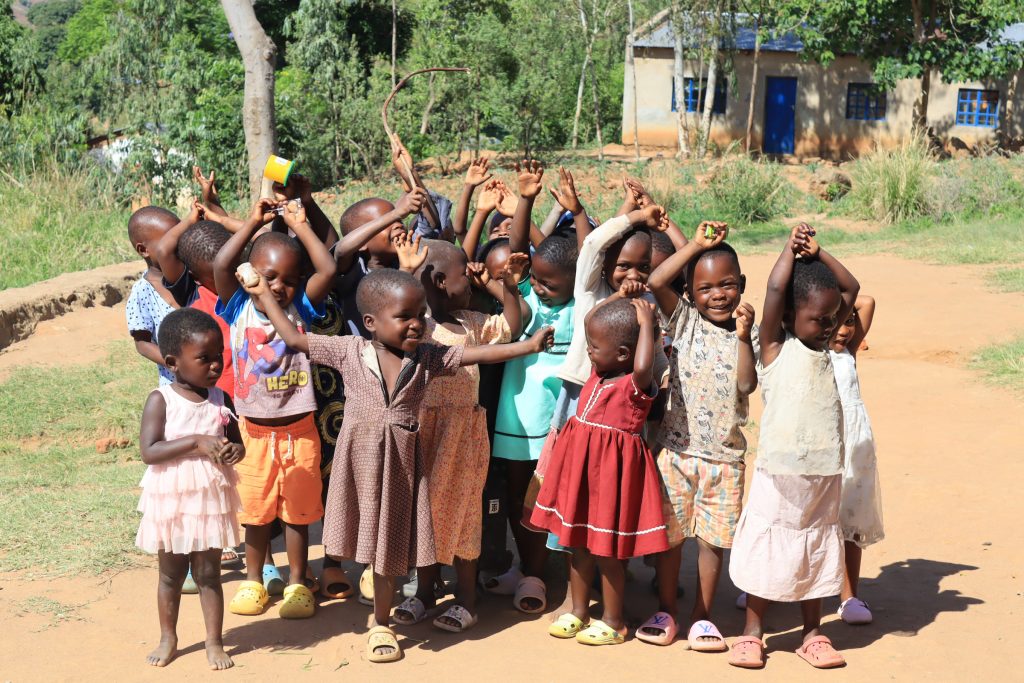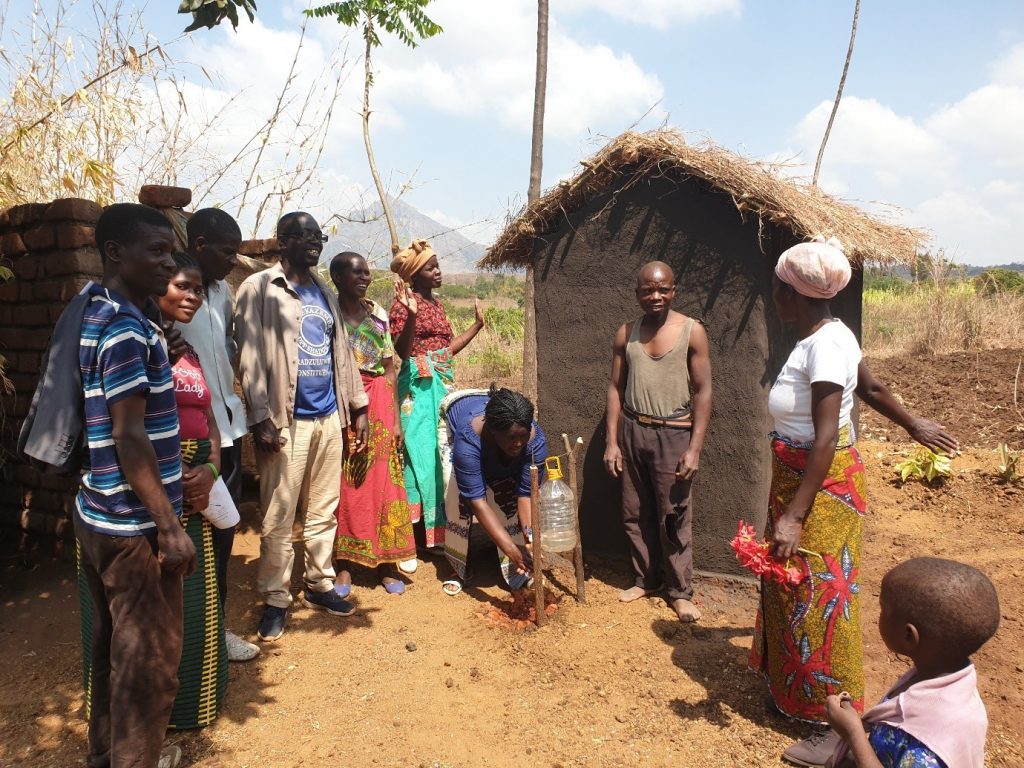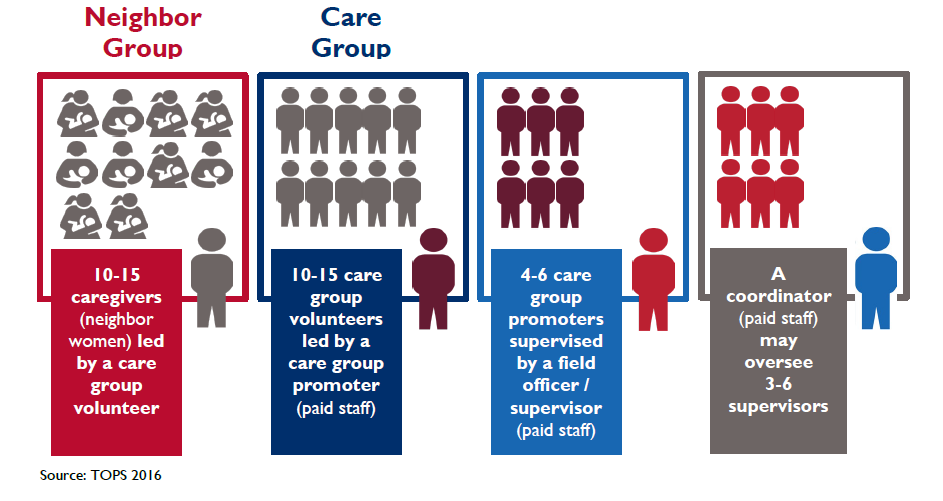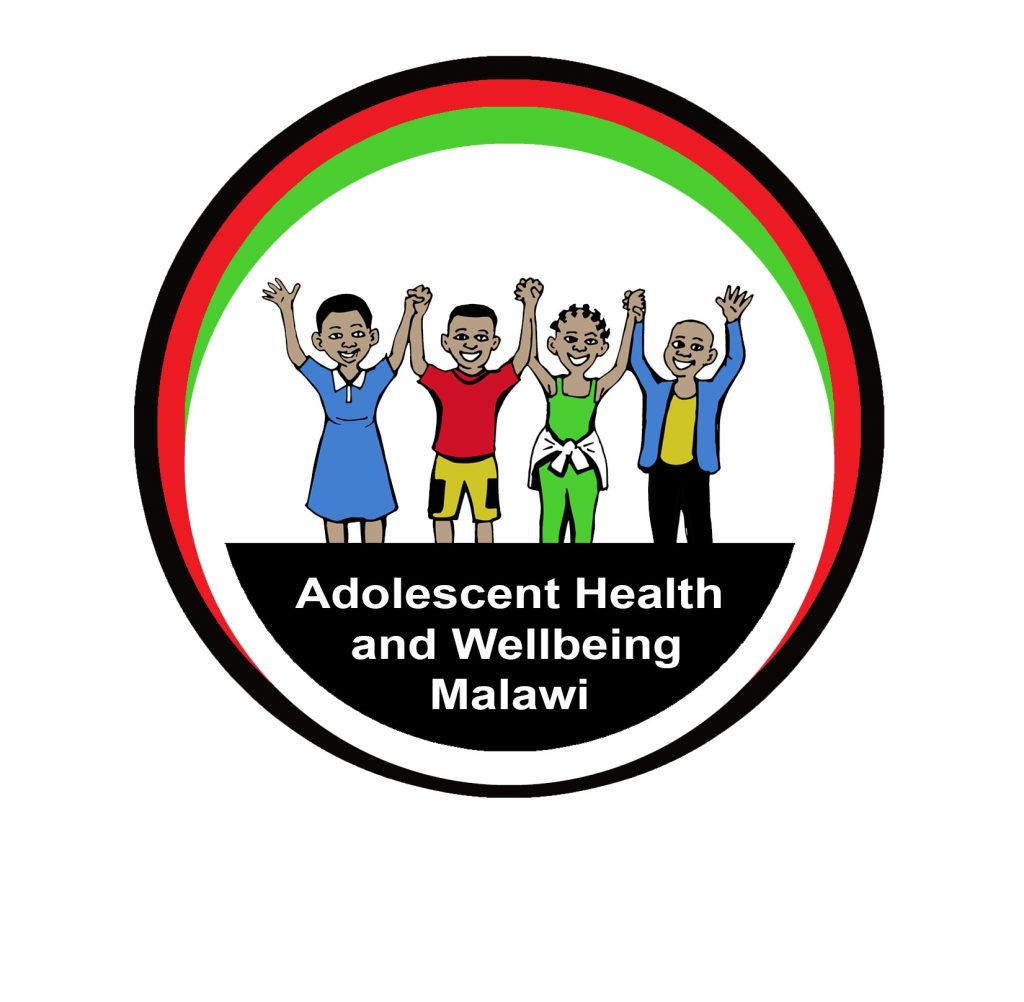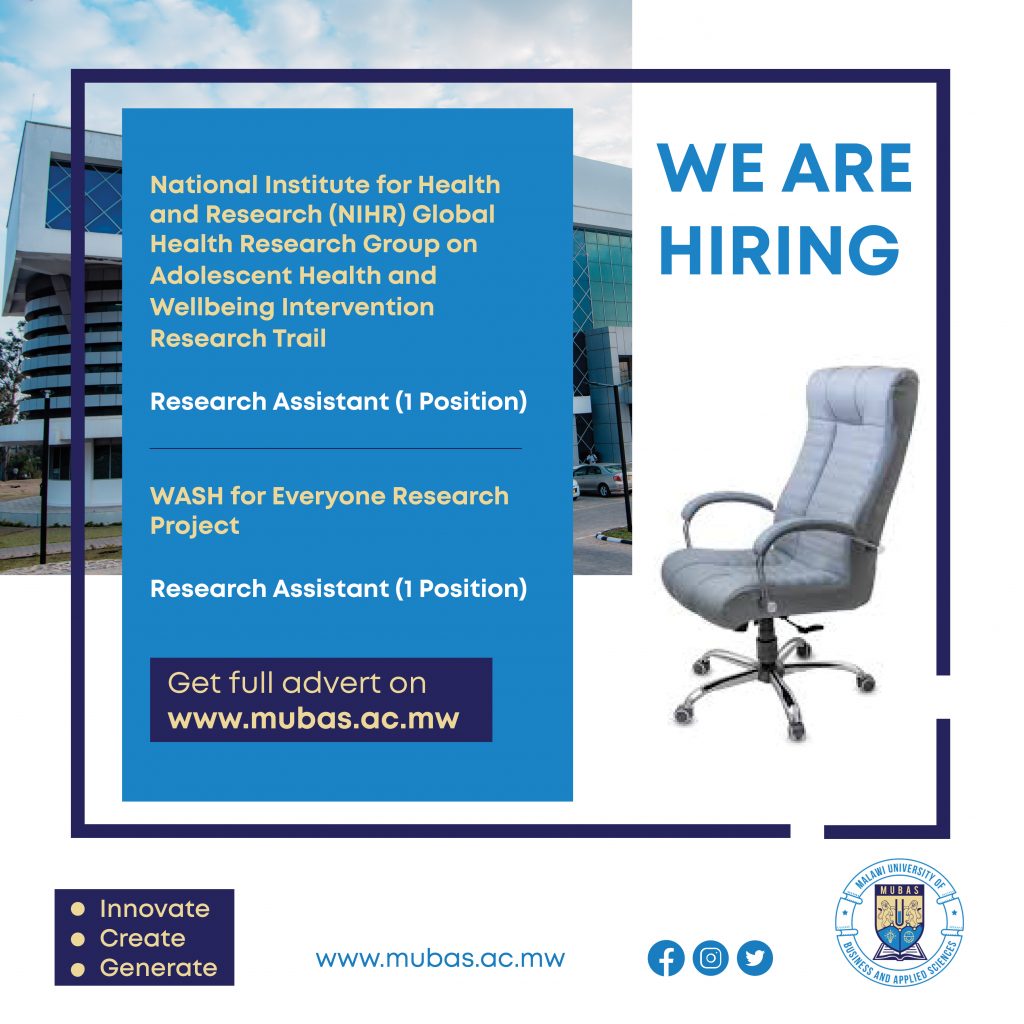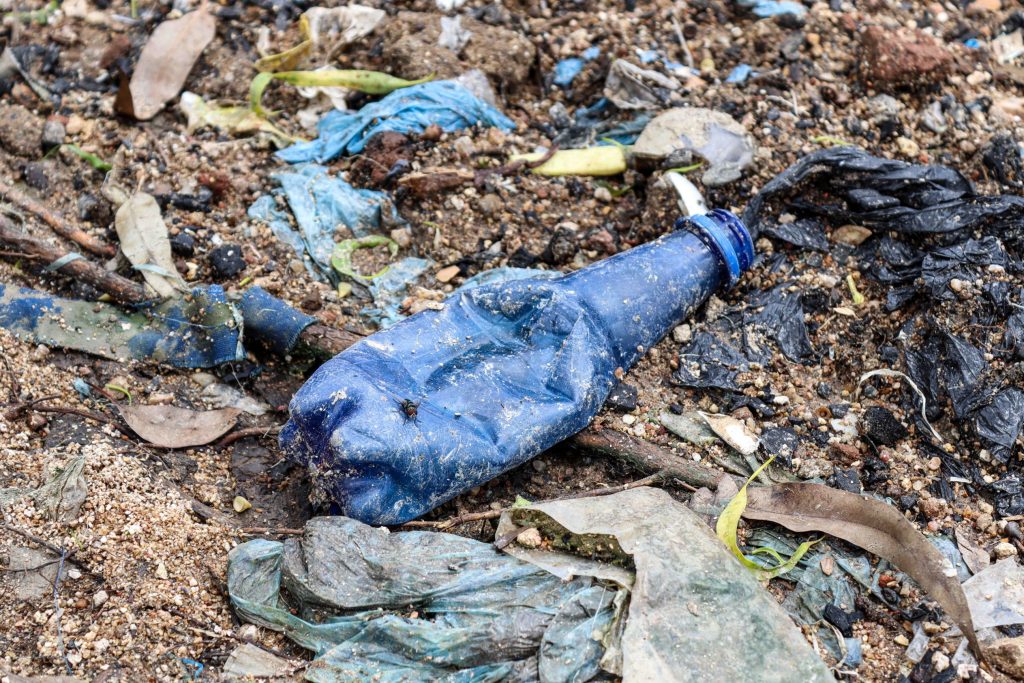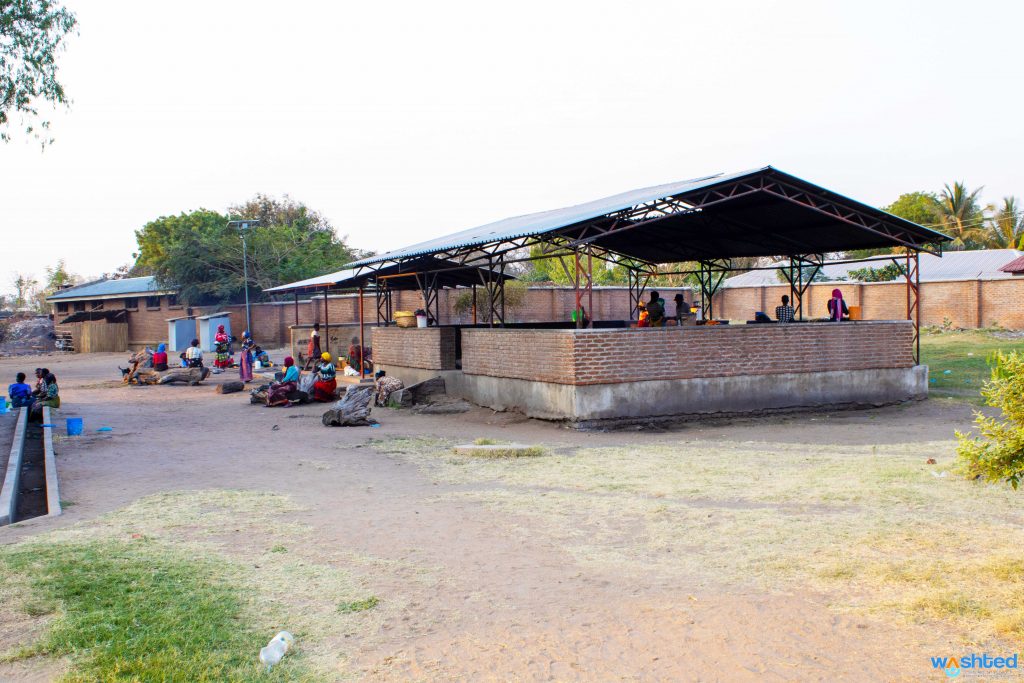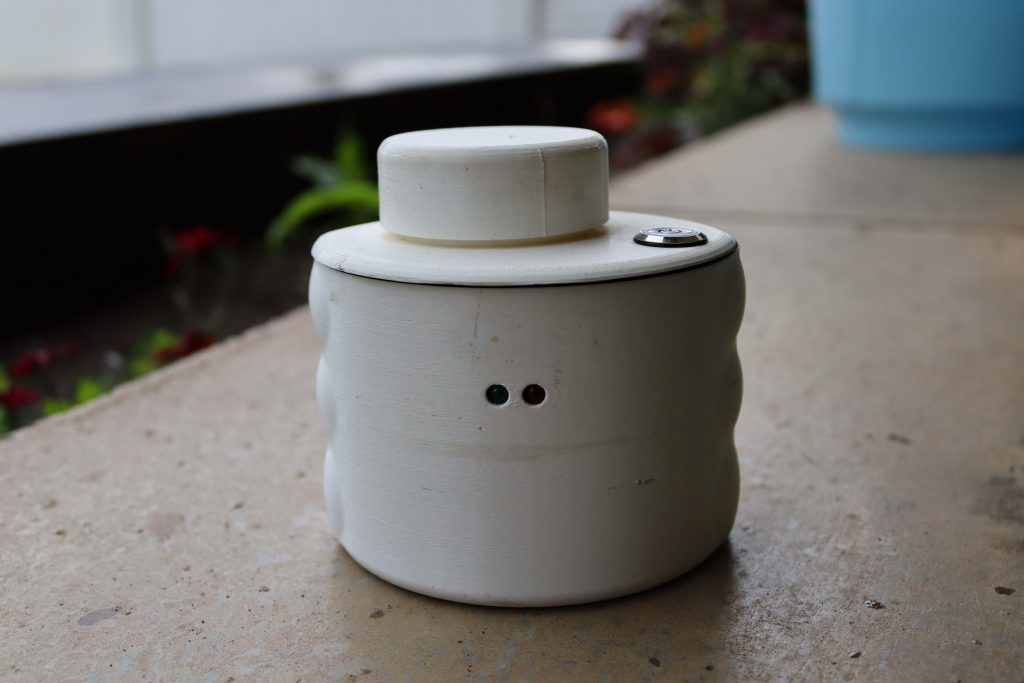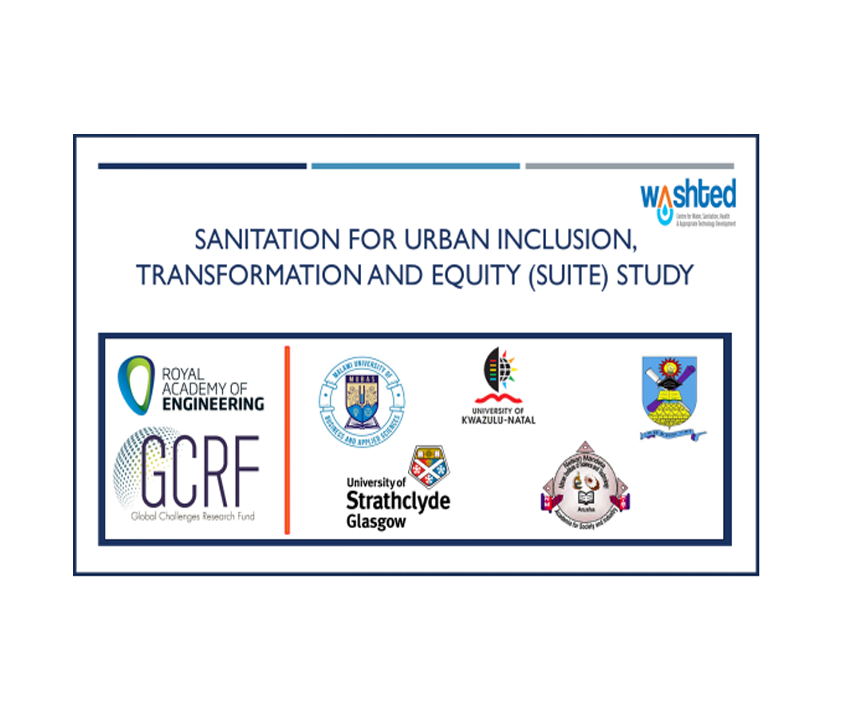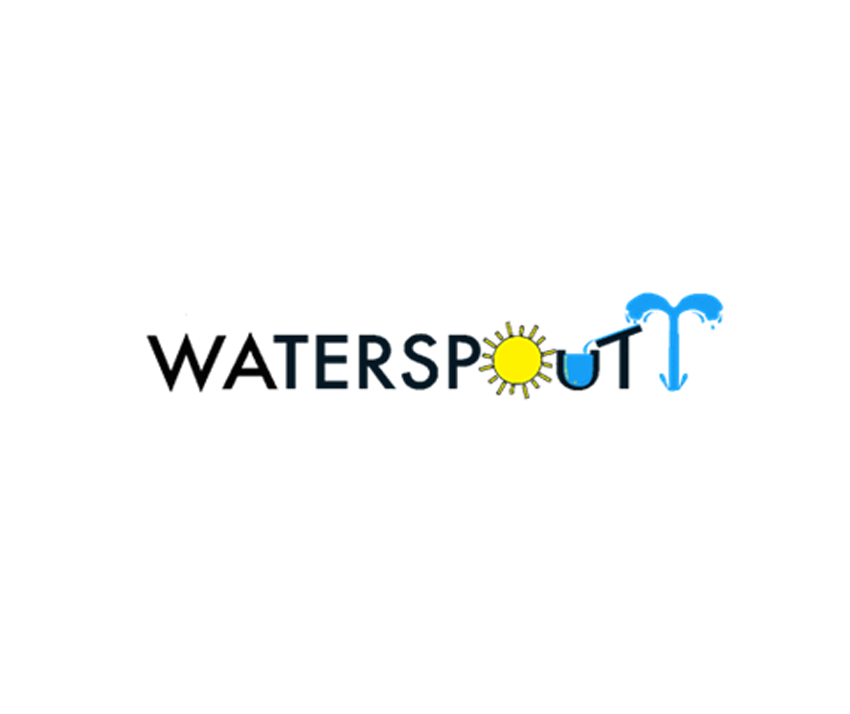The Reckitt Global Hygiene Institute’s Early Childhood Development Research Project
The Reckitt Global Hygiene Institute’s (RGHI) Early Childhood Development (ECD) project is a three-year study (2024-2026) aimed at developing and testing an ECDC-based intervention to improve hygiene behaviors in both ECDCs and home environments. The project will be implemented in collaboration with the University of Strathclyde and the London School of Hygiene and Tropical Medicine […]
The Reckitt Global Hygiene Institute’s Early Childhood Development Research Project Read More »

